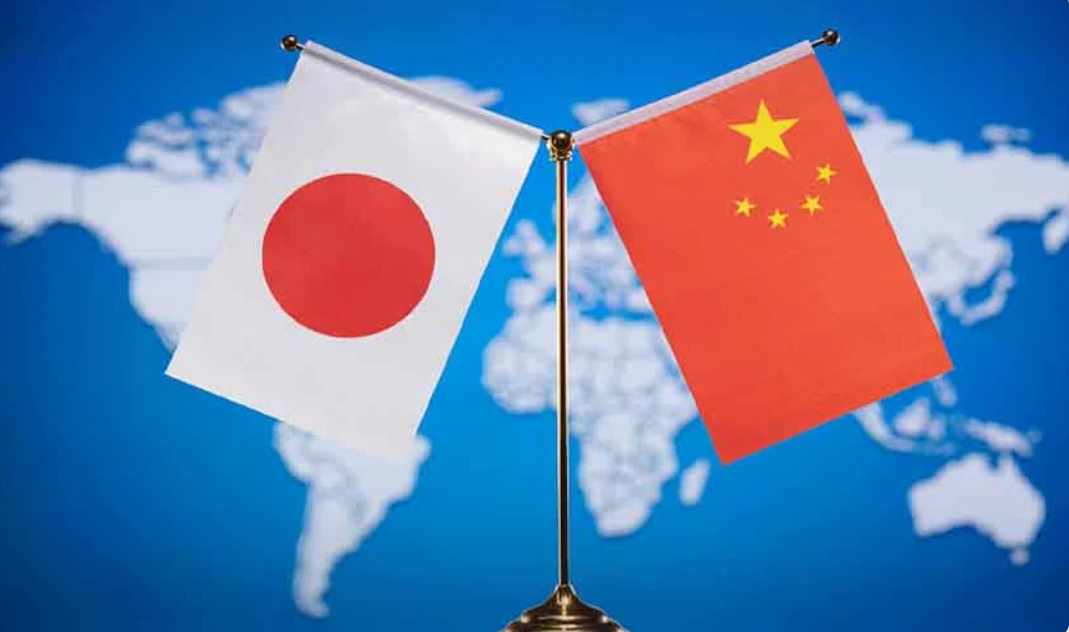Seoul’s uncomfortable position in the diplomatic row between Tokyo and Beijing
Alarm bells are ringing in South Korea after tensions rose between China and Japan following Japanese Prime Minister Sanae Takaichi's statements regarding possible military action in the event of a Chinese attack on Taiwan. Seoul fears being dragged into a geopolitical confrontation between its two neighbours. At the same time, it is trying to keep a fragile balance between the United States (which is demanding a more active role on the Taiwan issue) and China, which remains its largest trading partner and a key player in managing the North Korean threat.
Seoul (AsiaNews/Agencies) – The increase in tensions between China and Japan over Taiwan is worrying South Korea, which fears being dragged into a geopolitical clash that could destabilise East Asia.
The crisis began with Japanese Prime Minister Sanae Takaichi stated that Japan might take military action if China were to attack Taiwan. This position was taken for granted but had never been so clearly asserted.
This provoked China’s ire, whose response was immediate. Beijing suspended Japanese seafood imports, Chinese citizens were warned not to travel to Japan, and the trilateral summit of the culture ministers of China, South Korea, and Japan scheduled for next week was postponed until further notice.
China also took the issue to the United Nations.
In recent months, South Korea had worked to repair relations with both Chin and Japan and is now trying to avoid a diplomatic disaster.
“[South] Koreans are watching the dispute with growing concerns as it could drag South Korea into an unwanted flare-up,” noted Lee Wang-hwi, a political science professor at Ajou University, cited by the South China Morning Post.
In his view, “diplomacy is required more than ever” to de-escalate the situation.
Complicating the situation, however, is pressure from the United States for South Korea to take a more decisive stance on the issue. Washington would like Seoul to play a more active role, including using US forces deployed in South Korea.
For Seoul, however, this would mean straining relations with Beijing, its largest trading partner.
Already in 2017, China had responded to the deployment of the THAAD anti-missile system with a series of retaliatory steps that hit South Korea’s tourism sector hard.
In South Korea, this led to a rise in anti-Chinese sentiments, but Seoul needs Beijing to contain the nuclear threat from North Korea.
In an attempt to calm the waters, Takaichi reiterated that Tokyo's position on Taiwan remains “unchanged” and that Japan wants “constructive” relations with China.
Immediately following the Sino-South Korean summit in early November, when Chinese President Xi Jinping met his South Korean counterpart, Lee Jae-myung, Beijing expressed rare support for Seoul's position in its territorial dispute with Tokyo over the Dokdo/Takeshima islands.
Some analysts think this could be interpreted as a warning in the event of a rapprochement with Japan.
As Chang Yong-seok, a researcher at the Institute for Peace and Unification Studies at Seoul National University, pointed out to the South China Morning Post, Beijing picked Japan for “exemplary punishment” to send a message to others, South Korea included.
Rising tensions along the Taiwan Strait leaves Seoul with less diplomatic room.
Military cooperation between Seoul and Tokyo is also once again strained.
The South Korean Navy, for example, postponed a search-and-rescue exercise with Japan’s Self-Defence Forces after Tokyo refused to provide air refuelling to a number of South Korean aircraft en route to the Dubai air show.
The exercise, which had not been held since 2018, was intended to foster bilateral defence ties. Japan justified its action by citing South Korean aircraft overflights of the Dokdo/Takeshima Islands.
12/02/2016 15:14
26/08/2025 17:33







.png)










